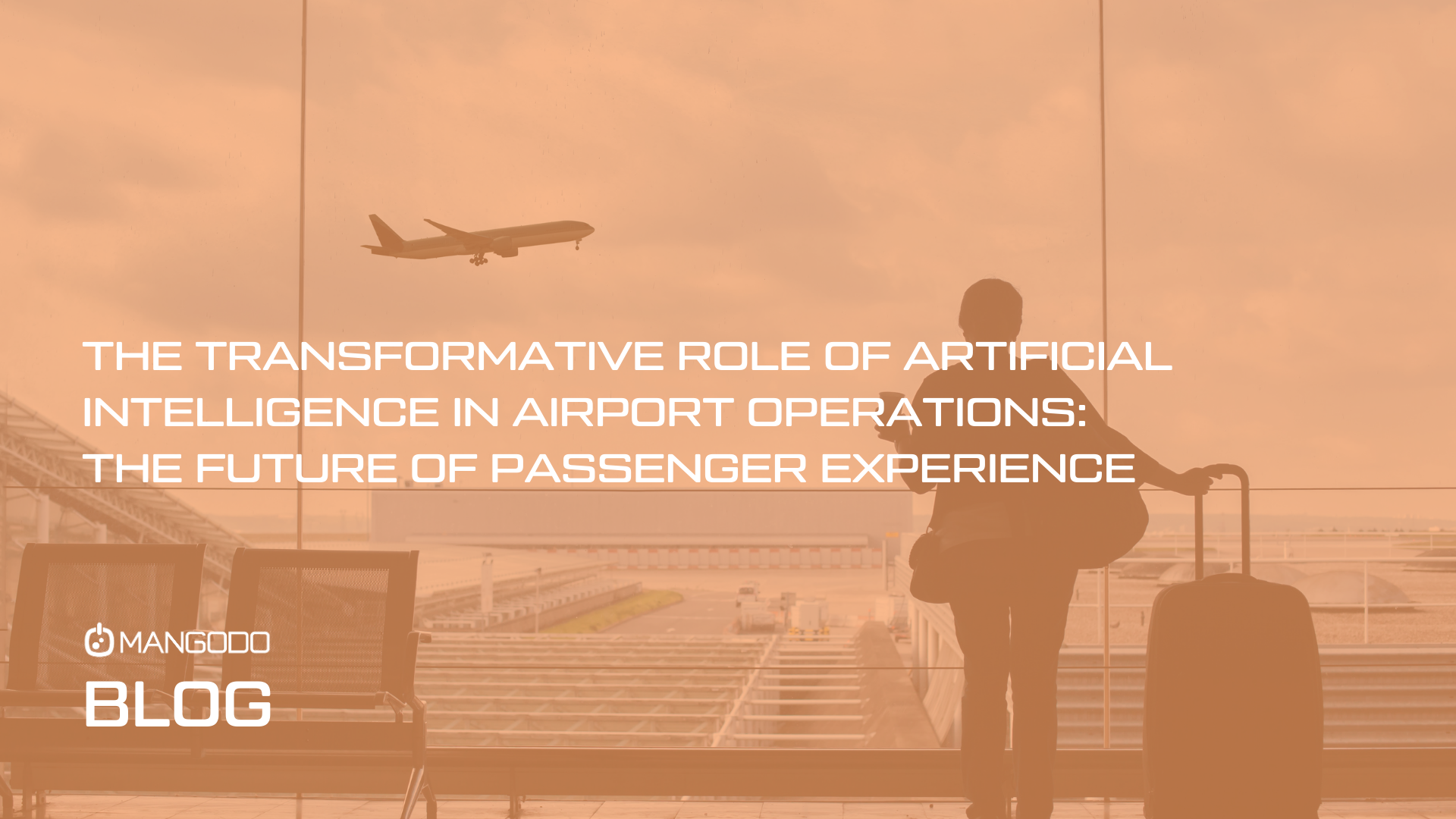The Transformative Role of Artificial Intelligence in Airport Operations: The Future of Passenger Experience
As the travel industry rebounds, airports worldwide are under increasing pressure to improve efficiency and provide a seamless passenger experience. One of the key technologies driving this transformation is artificial intelligence (AI). From predictive analytics to personalized services, AI is reshaping airport operations, optimizing processes, and creating a more streamlined experience for travelers.
1. Enhancing Operational Efficiency
Airports are complex ecosystems that require the coordination of numerous stakeholders. AI-powered systems can analyze vast amounts of data in real-time, identifying patterns and making predictions that help optimize airport operations. For example, AI can predict peak travel times and adjust staffing and resources accordingly. Similarly, it can optimize baggage handling and reduce waiting times by dynamically adjusting service points based on passenger flow.
2. Streamlining Security and Safety
Security remains a top priority for airports, and AI is playing an increasingly important role in enhancing security measures. Facial recognition, advanced screening technologies, and predictive threat detection systems are some of the AI-driven solutions improving airport safety. By automating these processes, airports can ensure faster, more accurate security checks without compromising passenger safety.
3. Personalizing the Passenger Journey
AI offers new ways to tailor services to individual passengers, improving their overall experience. Chatbots and virtual assistants are now common in many airports, providing passengers with real-time information about their flights, gate changes, and even local amenities. AI can also predict delays or disruptions and offer personalized recommendations, such as alternative flights or transportation options, to minimize inconvenience.
4. Sustainable and Eco-Friendly Operations
Sustainability is a growing concern for airports worldwide, and AI is helping address this by optimizing energy consumption and reducing waste. AI systems can monitor and adjust lighting, heating, and cooling systems in real time, ensuring they are used efficiently. Predictive maintenance powered by AI also helps reduce the environmental impact by identifying potential equipment failures before they occur, preventing costly and resource-intensive repairs.
How Mangodo Contributes
At Mangodo, we understand the critical role technology plays in transforming airports for the future. Our solutions, like Flight Minds, harness the power of AI to streamline digital signage and provide real-time information to passengers, enhancing their experience from check-in to departure. We also integrate advanced analytics and AI into our airport solutions to support more efficient and sustainable operations.
As airports continue to evolve, the adoption of AI technologies will only increase, making passenger journeys smoother, safer, and more enjoyable. The future of airport operations is not just about efficiency; it's about creating a smarter, more personalized, and eco-friendly travel experience.
